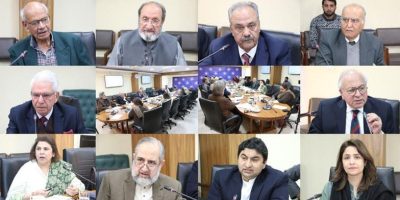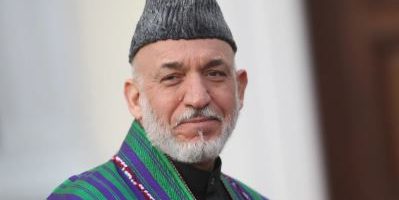Taliban criticize UN for talks over Afghan women

KABUL – The Taliban has conveyed its regret regarding the recent UN talks on Afghanistan at the Security Council, which it believes were overshadowed by discussions on what the group referred to as ‘minor issues,’ specifically women’s education and employment. In a statement released on X, the spokesperson for the group expressed dissatisfaction with the fact that the high-level briefing predominantly centered on these domestic topics, sidelining more critical matters such as UN sanctions against the Taliban.
Taliban’s spokesperson, Zabihullah Mujahid, lamented, “The discussions and opinions within the United Nations were diverted by an exclusive focus on women’s education and employment. In Afghanistan, crucial matters such as security, a general amnesty, peace and stability, economic development, the establishment of security forces, internal revenue budget allocation, nationwide educational expansion, and numerous other developments were left unaddressed.”
In a comprehensive thread of statements, Mujahid emphasized the necessity of discussing issues like the removal of the UN blacklist, the lifting of sanctions, the release of seized assets, and ultimately, the recognition of the Islamic Emirate of Afghanistan, along with the transfer of Afghanistan’s seat to Afghan authorities.
The Taliban assumed control of Afghanistan in August 2021 and implemented policies severely curtailing the fundamental rights of its citizens, particularly women and girls. These policies have had devastating consequences on the lives of Afghan women and girls, forcing many to abandon their jobs, educational pursuits, and homes. Additionally, numerous cases of violence and intimidation have been reported.
During the UN Security Council Briefing, Sima Bahous, the Executive Director of UN Women, highlighted the deteriorating situation, stating that since the last Security Council meeting on Afghanistan, more than 50 edicts and decrees limiting women’s rights have been enacted, with additional restrictions being imposed continuously.
Bahous further pointed out that the Taliban’s actions, particularly their attacks on women’s rights, have exacerbated the situation by depriving women of employment opportunities, the ability to generate income, and access to education—essential elements for their participation in Afghanistan’s future.
In her briefing to the Security Council, UN Special Representative and UNAMA head, Roza Otunbayeva, firmly stated that the policies implemented by the de facto authorities, which result in the exclusion of women, are deemed “unacceptable to the international community.”
Related News

ISSI roundtable discusses Afghanistan’s implications for Pakistan
ISLAMABAD, FEB 13 /DNA/ – The Centre for Afghanistan, Middle East and Africa (CAMEA) atRead More

Karzai seen as key figure for political reconciliation in Afghanistan
Shamim shahid PESHAWAR: Tensions between Pakistan and Afghanistan continue to deepen, with analysts warning thatRead More


Comments are Closed